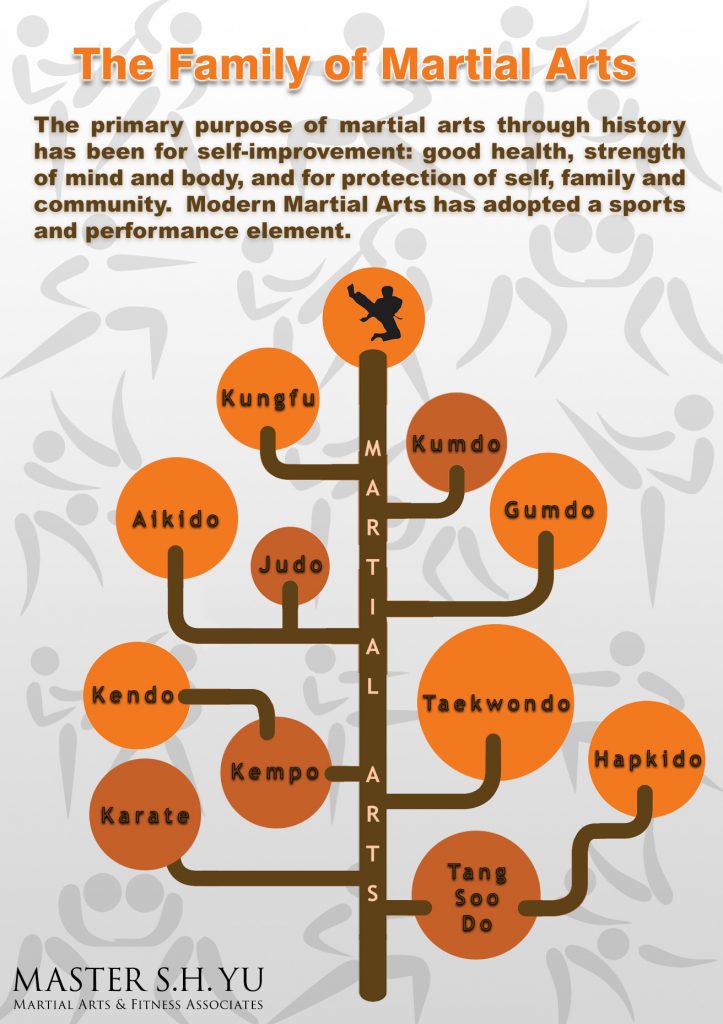Debunking The Different Martial Arts Styles: From Karate To Taekwondo
Debunking The Different Martial Arts Styles: From Karate To Taekwondo
Blog Article
Content Created By-Faber Russo
Are you tired of sensation overwhelmed by the huge globe of martial arts? With a lot of designs to pick from, it can be very easy to obtain shed in a sea of punches, kicks, and mystical names. However concern not!
This conversation will certainly debunk the different fighting styles styles, taking you on a trip from the effective strikes of Martial arts to the dynamic kicks of Taekwondo. Get ready to uncover the origins, strategies, and philosophies behind these ancient art types.
So, tighten your belt and prepare to start an informing expedition right into the fascinating globe of martial arts.
Beginnings of Martial Arts Styles
The origins of martial arts styles can be traced back to old people and their requirement for self-defense and fight methods. Throughout history, different societies established their own special techniques of fighting, each with its own collection of methods and philosophies.
In China, for example, fighting styles styles such as Martial art and Tai Chi were established as a means of protection and improving physical and psychological wellness.
In Japan, the samurai warriors created styles like Martial arts and Judo, concentrating on discipline, precision, and mastery of the body.
Likewise, in https://self-defense-strategies-e87642.win-blog.com/14403883/release-your-strength-why-self-defense-classes-are-worth-the-investment , Taekwondo became a fighting style stressing high kicks, quick movements, and mental determination.
These early human beings laid the structure for the varied variety of fighting styles designs that exist today, each with its very own rich history and cultural relevance.
Methods and Training Approaches
To grasp martial arts styles, experts should learn various techniques and training approaches.
Strategies are the specific activities and activities used in battle, such as punches, kicks, throws, and blocks. https://trevorytlit.blogoxo.com/34032359/from-white-belt-to-black-belt-the-change-of-personal-defense-courses fighting styles styles have their own special collection of strategies that specialists should master with strenuous training.
Training approaches vary relying on the design, however they normally include a mix of physical fitness, drills, competing, and forms.
Physical conditioning is critical to construct strength, adaptability, and endurance. Drills help experts fine-tune their techniques and enhance their rate and accuracy.
Sparring allows practitioners to practice their strategies in a controlled, reasonable atmosphere. Types, additionally called kata, are prearranged series of motions that aid professionals develop muscle memory and focus.
Ideologies and Principles
Discovering the philosophies and principles of fighting styles designs can give you with a deeper understanding of your chosen technique. Each fighting style has its very own one-of-a-kind viewpoint and set of guiding concepts that shape the method it's practiced.
For example, Karate stresses self-control, respect, and self-constraint. It shows experts to focus their minds and bodies, enabling them to defend themselves while keeping a feeling of internal peace.
On the other hand, Taekwondo places a solid emphasis on speed, agility, and versatility. Its principles are rooted in the tenets of politeness, stability, determination, self-discipline, and unbeatable spirit.
Verdict
Now that you have actually checked out the origins, strategies, and approaches of numerous fighting styles styles, you have a deeper understanding of these old techniques.
Envision martial arts can , practicing with undeviating decision and emphasis, appearing boards with an effective strike.
are martial arts good for kids with add and toughness needed to grasp a fighting style, advising us that with technique and perseverance, anything is possible.
